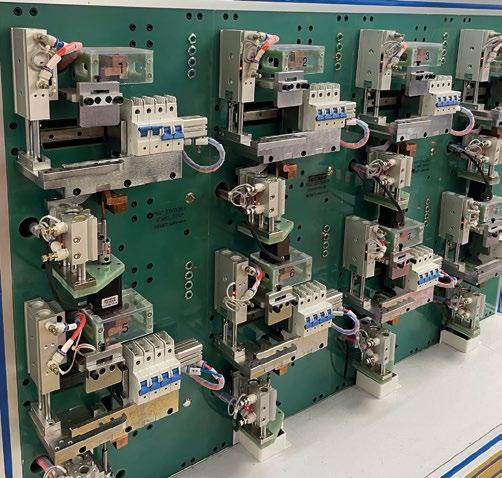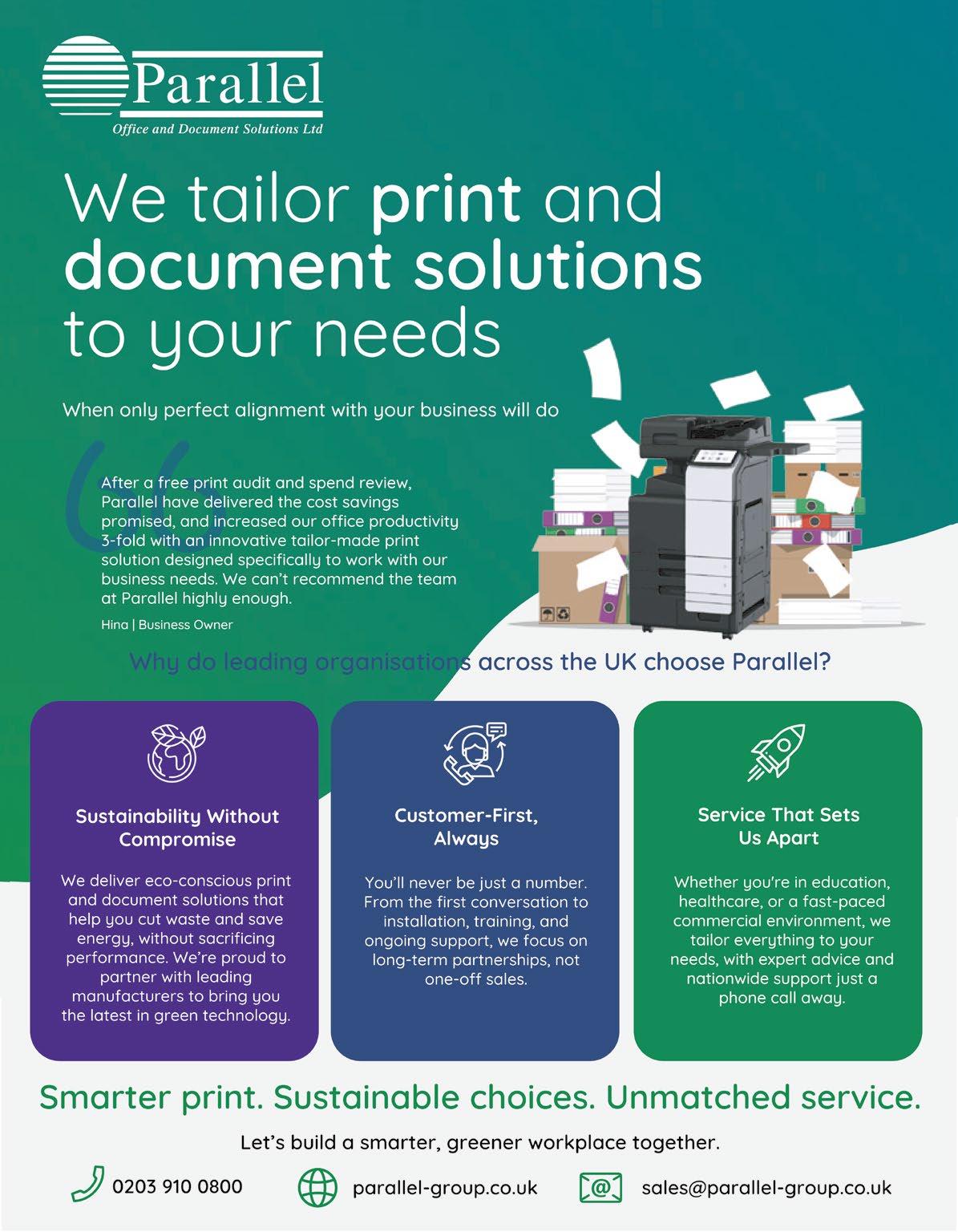
2 minute read
Why strategy is the key to successful AI adoption
When it comes to artificial intelligence, few subjects provoke such a mix of excitement and unease. For Jamie Claret, one of the keynote speakers at the Hertfordshire Chamber’s AI Conference this November, the challenge for businesses is not whether to engage with AI, but how to do so in a clear and practical way.
Jamie’s journey into technology was not straightforward. Having abandoned a career path in accountancy, he discovered his passion for computing while studying computer science at the University of Hertfordshire. That passion grew into a career, first founding his IT managed service company Amazing Support and later establishing Autonomate, a business specialising in automation and AI solutions.
“I was always tinkering with computers,” he recalls. “When I first came across automation about seven or eight years ago, I couldn’t believe more people weren’t using it. It had been hidden away in the corporate world with huge licensing costs, but I could see how smaller and mid-sized businesses could benefit.”
Autonomate now works largely with mid-market companies –typically those with revenues of £5 million or more – helping them to implement automation that delivers measurable benefits. Jamie emphasises that while cost savings are often part of the story, most businesses are not looking to cut staff.
“In reality, the vast majority of companies we work with want to grow without adding headcount. Recruitment is expensive and difficult, and many sectors are struggling to find people. Automation allows them to scale without the constant hassle of adding more staff. That might mean freeing up existing teams to do higher-value work or improving morale by taking away repetitive, administrative tasks.”
He is keen to stress that AI should not be seen as a threat but as a tool; one that needs to be handled with planning and perspective. “There’s a lot of noise in the market, with people claiming that if you just plug ChatGPT into your systems all your problems will be solved. That’s simply not the case. Businesses need a strategy for AI in the same way they would for any other part of their operations. Without that, expectations soar while the reality under-delivers, and people become disillusioned.”
For Jamie, clarity is the key. His keynote at the Chamber’s AI conference will focus on “clarity over chaos”, offering delegates a structured way to think about AI adoption. He promises to share real-world examples of where automation has been successfully applied and to introduce frameworks his company has developed to help businesses assess processes and identify opportunities.
Equally important, he says, is involving staff at every stage. “If employees feel AI projects are happening in secret, the natural assumption is that jobs are at risk. The most successful companies we work with are those who bring people along on the journey. You often find hidden champions in the organisation, individuals who are curious and excited by the possibilities. They can become flagbearers for change and help embed it across the business.”
He recognises that while AI has been widely discussed, many organisations are only just beginning to explore its potential.
“I spend a lot of time in AI forums and it’s easy to assume everyone is keeping up with developments. Step outside that bubble and you see that most businesses haven’t done much yet. That’s why the Chamber’s AI conference is so important. It gives the Hertfordshire business community the chance to get beyond the hype and hear what’s really happening, directly from people working in the field.”
As the county’s business leaders prepare for a future shaped by technology, Jamie’s message is one of reassurance as well as opportunity. “AI can feel overwhelming, even frightening, but ultimately it’s a force for good. If you approach it with clarity and strategy, it can help your business thrive and help your people enjoy their work more.”









